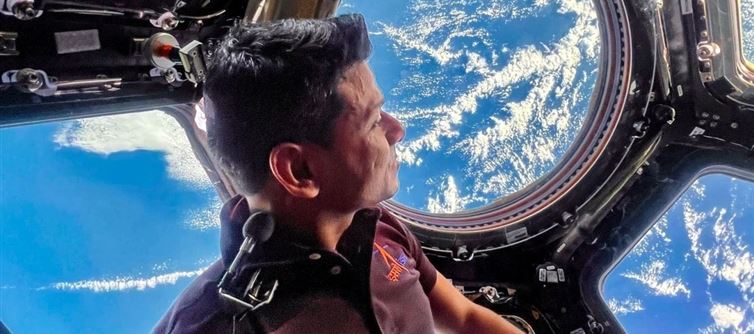
The Unique Rhythm of Life on the ISS
Shukla responded, "We see 16 sunrises and sunsets every day on the ISS because we circle the Earth every 90 minutes," in response to a question concerning daily routines and sleep in orbit. Greenwich Mean Time (GMT) governs our actions rather than sunlight.
This implies that, in sharp contrast to life on Earth, astronauts must rely on planned schedules for work and sleep rather than the natural day-night cycles. Shukla explained how the human body reacts to microgravity. "There is no gravity here in space, but on Earth we grow up in it. The body undergoes several changes, and adaptation takes time. At first, I had some space sickness, but we rapidly adjusted, and there are treatments for it.
He emphasized the value of both mental and physical preparation, pointing out that astronauts undergo intensive training in Russia, India, and other partner nations to prepare them for any situation, particularly emergencies. "Managing off-nominal situations is the main focus of our instruction. A solid support network and teamwork are essential.
Staying Fit and Healthy in Orbit
According to Shukla, astronauts place a high premium on maintaining their health. We use strength training equipment, cycles, and treadmills to exercise daily because microgravity promotes bone and muscle loss. Maintaining our fitness is crucial for both the mission and our return to Earth.
Shukla also emphasized the ISS's cutting-edge technologies. AI and robotics are essential to our goal. Our work on the Space Station is safer and more effective because we employ robotic arms for a variety of internal and external chores. Shukla urged indian students to have big dreams before he left, saying, "I will be back, and I will guide you." Many of you are going to be astronauts in the future. Maintain your curiosity, put in a lot of effort, and have faith in yourself; you never know who might walk on the moon.




 click and follow Indiaherald WhatsApp channel
click and follow Indiaherald WhatsApp channel